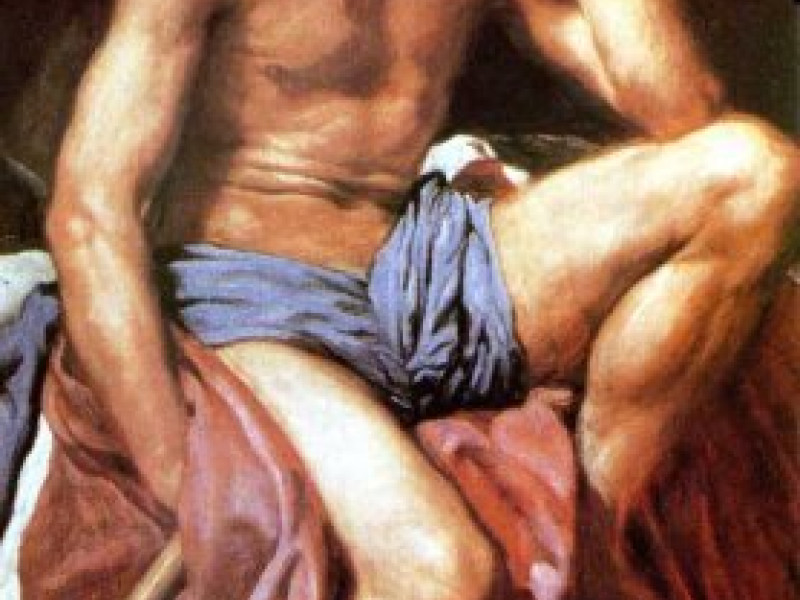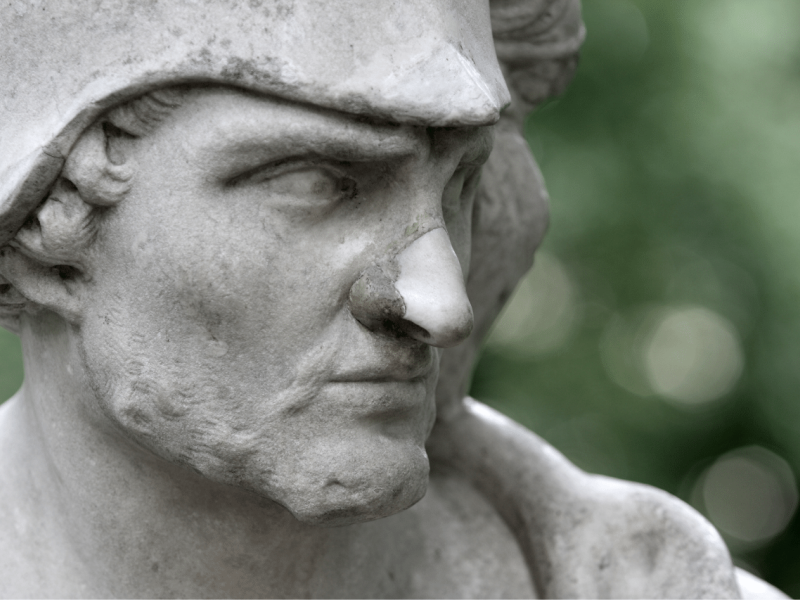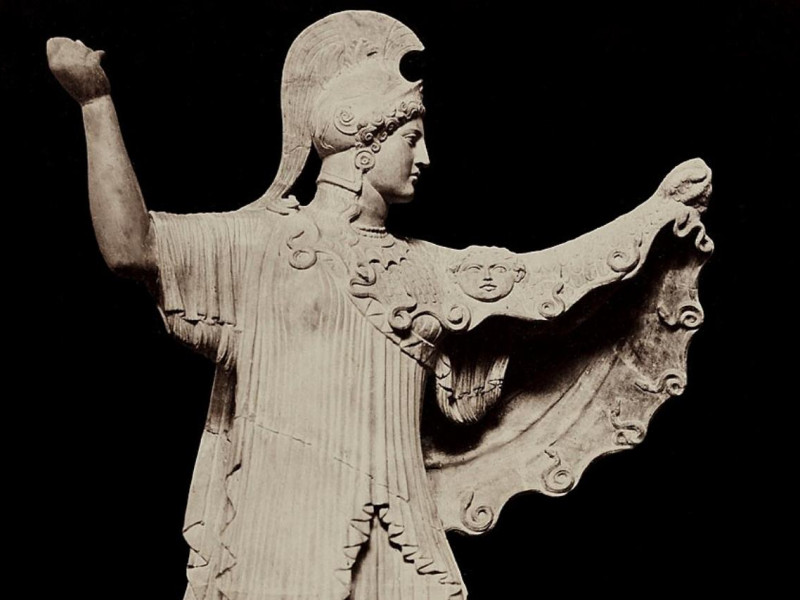Bellona
Roman goddess of war. Bellona was identified with Enyo, the Greek goddess of war. Her original name was Duellona.
Bellona was sometimes described as a sister or wife of Mars (Ares). Whatever her relationship was with Mars, she rode in a chariot with Mars and Discordia (Eris), goddess of strife, during times of war.
Her temple was outside the city gates, in Campus Martius. Her festival was celebrated on June 3.
By Jimmy Joe





